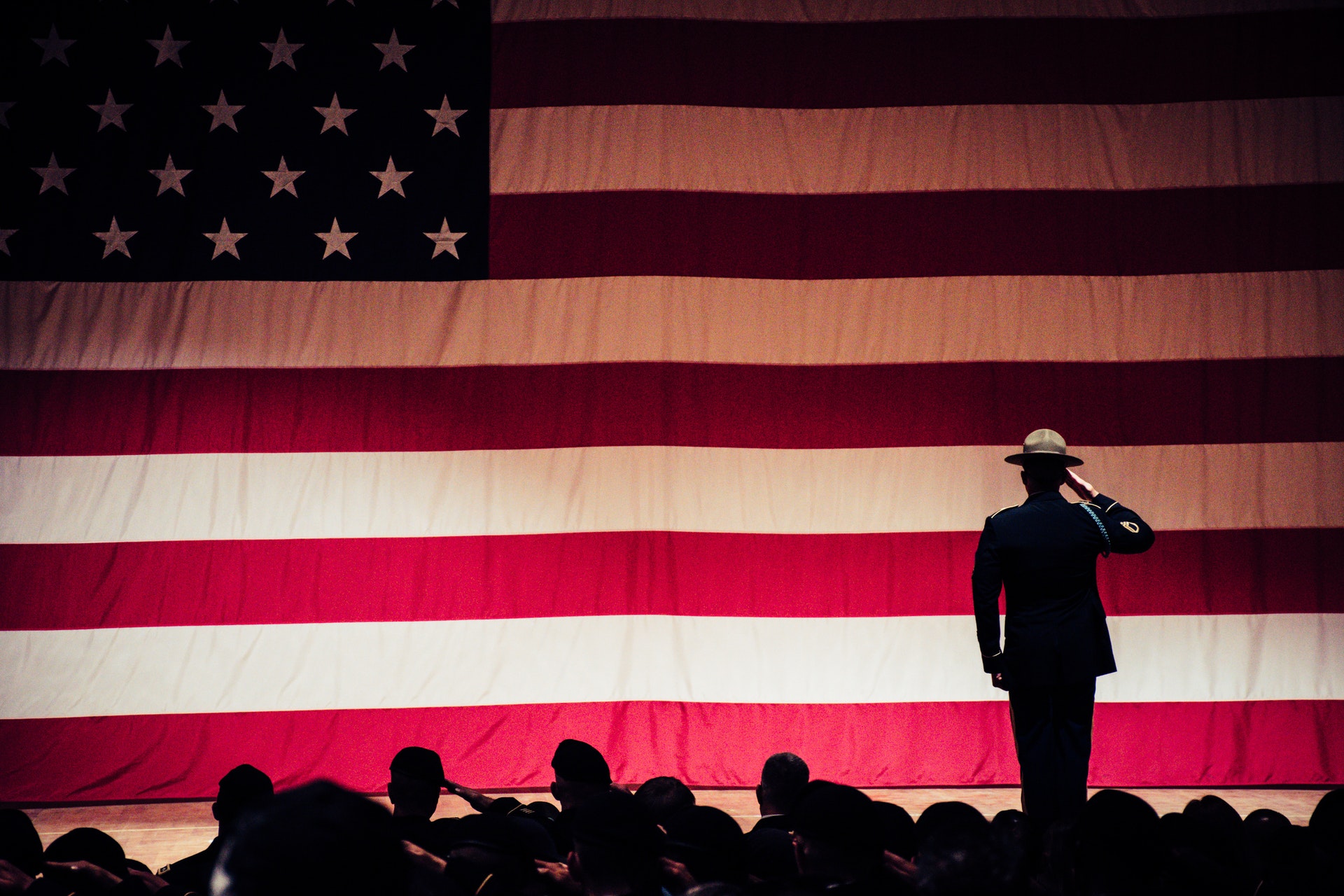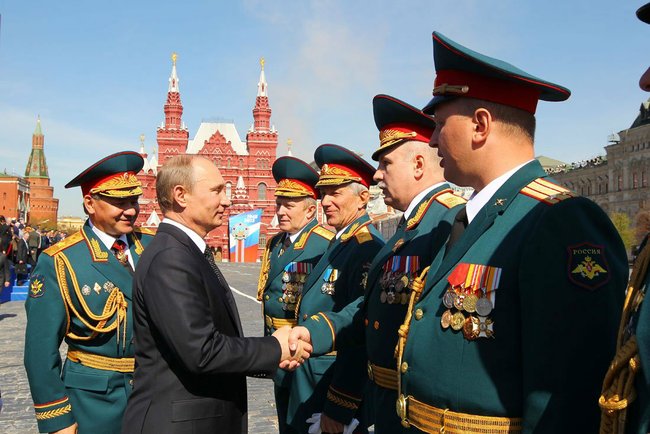A Democratic Nationalism (Part 1)

It does not matter that the Polish-Lithuanian Commonwealth achieved a level of freedom unparalleled in the world until the rise of the United States. It is a matter of indifference that the Danes are perhaps even more devoted to their flag than we are. What matters is our perception of ourselves as exceptional which allows us to excel.
Marek Jan Chodakiewicz
Nationalism is what made us great, argues Rich Lowry in The Case for Nationalism: How It Made US Powerful, United and Free (New York: Broadside Books/HarperCollins Publishers). Nationalism tends to sport its particular flavor depending on who champions and shapes it. In our case, it is democratic nationalism that makes us exceptional. “America is a nation… What makes us different is that our ideas are true. That our claim to chosenness has been better demonstrated, by our essential goodness and power, than that of any other country” (p. 14).
Further, our brand is that of cultural nationalism. “The preservation of the American cultural nation” should be our absolute priority (p. 214). It is a grass roots phenomenon, not mandated from above by any government. It is “organic and open” (p. 221). No common culture, no more America. “In short, our culture is the warp and woof of the American nation. Throw it away, and we will lose ourselves as a people and lose a country that is the most glorious jewel in the millennia-long history of nations” (p. 232).
“Culture is seeded in ideas.” They are best expressed in the English language which “remains a pillar of our national identity” (p. 18-19). And we hear you: Neither Greek nor Roman, not a Jew or Gentile, we are all children of God fit to embrace, and to be embraced by, American nationalism. “It isn’t based on hatred, instead on love: our affection for home and our own people” (p. 32).
Love fosters loyalty. Loyalty reaches back for memories to strengthen its sword of imagination via fostering continuity. “Memory is what gives a nation its self-image and its sense of unity and coherence” (p. 199). Memory preserves peculiar American traits, infused with a Biblical message, now strongly secularized, and peppered through pop-cultural idiosyncracies such as the blues or baseball. And there is the indispensable mystical dimension: We relate to the United States reflexively through powerful symbols such as the Flag and Thanksgiving. In this respect, America’s democratic and cultural nationalism is a ritual of continuity. It is a story in need of constant retelling, of continuous re-affirmation.
In Lowry’s narrative, nationalism is synonymous with patriotism and that is an indispensable virtue to defend and maintain this Republic and to guarantee its continued greatness. “In short, nationalism isn’t just old, natural, deep-seated, and extremely difficult to suppress, it is the foundation of a democratic political order” (p. 47).
However, nationalism is in disfavor in government, business, media, and academia. Our elites have betrayed us, and ditched nationalism in favor of globalism and other progressive, and, ultimately, anti-American projects. They consider our nation, any nation, really, as an artificial construct. Within this repulsive milieu Howard Zinn emerges unsurprisingly as a particularly malicious bete noir with his opus perhaps too hyperbolically described as “a desecration of American memory that is the single most destructive act in the annals of American historiography” (p. 183). America is fake; it is an artificial construct – runs the progressive screed. To such treasonous defilement, the author retorts sharply: “Nations aren’t mere intellectual constructs but accretions of history and culture, usually shaped over the long term by their beginnings” (p. 102).
If this sounds like a MAGA commercial, Lowry should be forgiven. His is a common sense plea to reembrace American nationalism to save these United States of America. We are approaching a dangerous juncture in our history; the situation at home is much worse than it was on the eve of the war of independence in 1776, when the Tory loyalist constituted a relatively small fraction of the population and an innovating king felt overbearing not only in the colonies but also back home in England. At this particular moment, our predicament of national divisiveness slowly approaches the levels unseen since right before the War for the Union erupted in 1861. We are in dire straits and it is unclear how much time we have.
To prevent the looming tragedy, Lowry has given us a primer on American nationalism. The author traces its origins back rather aptly to the Old Testament. Like the ancient Hebrews, the Americans are a nation out of tribes, predicated on the doctrine of “choseness” (p. 88, 178) and bound by a contract. Granted, virtually all national mythologies invoke chosen people: by God or history, or both.
It is always nice however to feel special and this particular American feeling translates into the ideology of our exceptionalism. It does not matter that the Polish-Lithuanian Commonwealth achieved a level of freedom unparalleled in the world until the rise of the United States. It is a matter of indifference that the Danes are perhaps even more devoted to their flag than we are. What matters is our perception of ourselves as exceptional which allows us to excel. And our exceptionalism is indispensable to our national myth. Indeed, we feel exceptional in this world in many ways even if, currently, our exceptional attributes, including freedom and limited government, are slowly being undermined by the onslaught of leftism.
Next, Lowry draws a straight line from the Old Testament to America’s Puritan roots via a detour to England. One recoils from the author’s praise of various sectarians, including apparently the Lollards of the 14th century, as virtually an inspiration for the United States (p. 105). As earlier in Europe, religious dissidents chose America to set up a theocracy, and not a limited republican government. Their putative virtue of rebellion against authority attracts Lowry, however inexplicably. To invoke Edmund Burke, are we not to ask what the revolutionaries want before we heap our hosannas on them? Again, the sectarians tended to want collectivism and paradise on earth. This is not the American way.
The author seems to confuse here revolution for freedom. He praises Henry VIII as a proto-nationalist. “Henry’s revolution shattered medieval universalism” (p. 87). What Lowry fails to appreciate is that the King eliminated the universalist context and replaced it with Byzantine Casearo-Papism of his rule. How is that for the separation of the Augustinian Church and state? It was truly a Protestant Revolution vs. the Catholic Reformation.
(…)
We would like to thank prof. Marek Jan Chodakiewicz for sharing this article.



